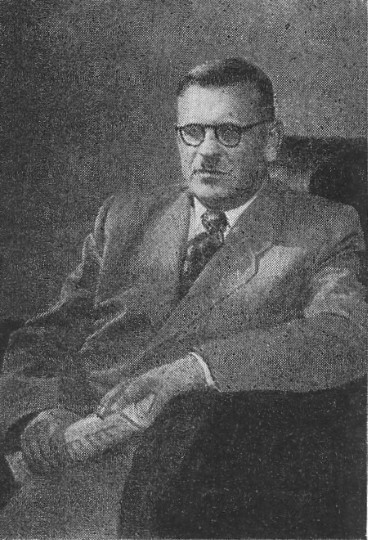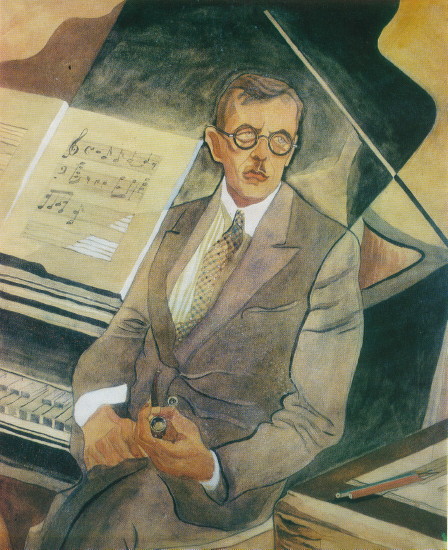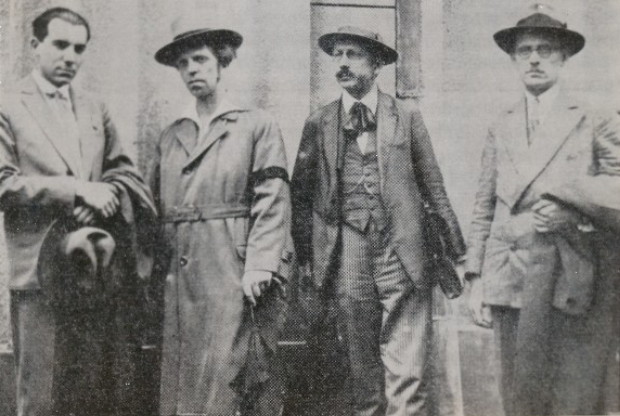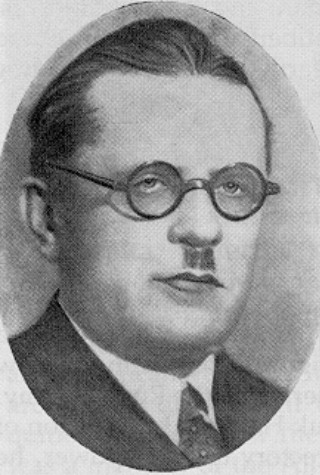Kozytsky, Pylyp
Kozytsky, Pylyp [Козицький, Пилип; Kozyc’kyj], b 23 October 1893 in Letychivka, Lypovets county, Kyiv gubernia, d 27 April 1960 in Kyiv. Composer and educator. A graduate of the Kyiv Theological Academy (1917) and the Kyiv Conservatory (1920), where he studied under Boleslav Yavorsky and Reinhold Glière, he taught at the Lysenko Music and Drama Institute in Kyiv (1918–24), the Kharkiv Music and Drama Institute (1925–35), and the Kyiv Conservatory. He was a founding member of the Leontovych Music Society, whose magazines Muzyka (1923–7) and Muzyka masam (1928–31) he edited, president of the Union of Composers of Ukraine (1952–6), and president of the Choral Society of the Ukrainian SSR (1959–60). In the early 1920s Kozytsky was one of the organizers of the Ukrainian Autocephalous Orthodox church: he was a delegate to the first All-Ukrainian Orthodox Church sobor in Kyiv in 1921 and one of the creators of the new style of Ukrainian choral church music. As an organizer of musical life in Ukraine, he played a crucial role in the process of establishing a network of music schools throughout the country and greatly improving music education.
Kozytsky’s works include the operas Unknown Soldiers (1934) and For the Fatherland (1941), the orchestral suite Kozak Holota (1925), the poem Partisan's Daughter (1938), string quartets, preludes for piano, choral works, church music, arrangements of folk songs, and film and drama scores (to Berezil's Sava Chalyi and Le Roi s'amuse). Influenced by expressionism, Kozytsky's work often draws upon Ukrainian folk songs and is tied to the national school of Ukrainian classical music, established by Mykola Lysenko. His themes are mostly social and patriotic. In addition to composing, he wrote many articles and published studies on the work of such composers as Mykola Leontovych, Kyrylo Stetsenko, Borys Liatoshynsky, and Bedřich Smetana.
BIBLIOGRAPHY
Hordiichuk, M. P.O. Kozyts’kyi (Kyiv 1959)
Honcharenko, M. P. Kozyts’kyi (Kyiv 1985)
[This article was updated in 2013.]



.jpg)
